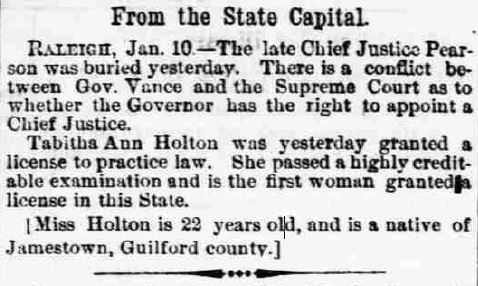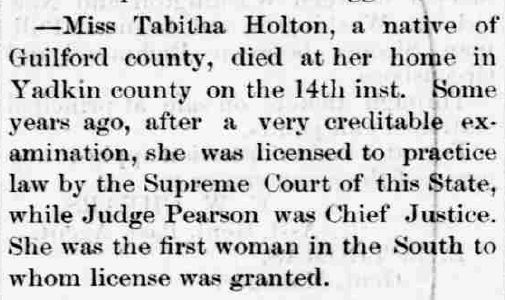“The legal complications encountered by families part slave and part free were nothing short of Byzantine, and in many cases Solomon himself would have been hard pressed to mete out justice.
“A slave named Miles took a slave wife in North Carolina. He was freed by his master and then purchased his wife, whom he in turn freed. One of their children was born when the mother was a slave, the others when she was free. When the mother died, Miles remarried a free woman of color by whom he had several more children.
“In 1857 Miles died intestate; the children of both mothers disputed the division of property. The North Carolina Supreme Court reasoned that the children of the first marriage had no claim to the estate since slaves could not make contracts that were legally binding. Thus Miles’s original marriage was a ‘fiction,’ the children not recognized as legal heirs. He had, in short, failed to legitimize the marriage once he and his wife had become free.”
— From “Selling Poor Steven” by Philip Burnham (American Heritage magazine, Feb/March 1993)



